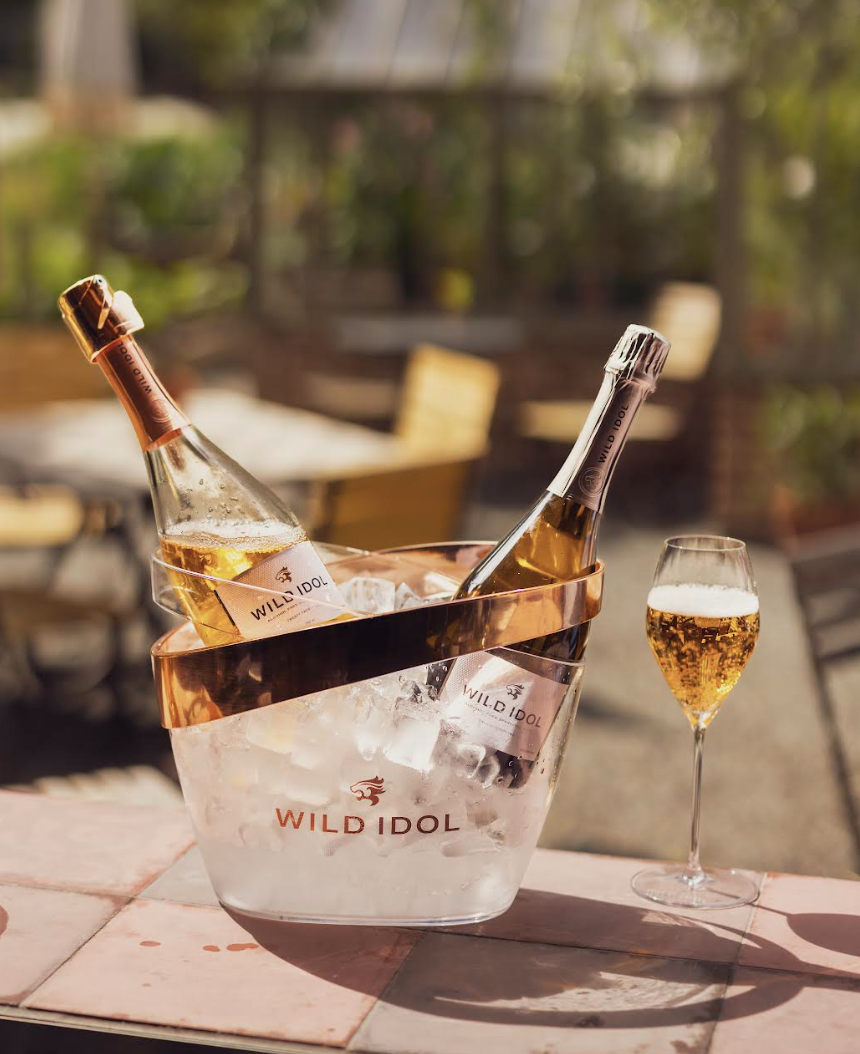Lidl reconciles fine wine with budget image
Lidl has insisted that its move into higher priced wines does not undermine the European discount retailer’s budget-friendly reputation.
Earlier this month Lidl announced the introduction of 48 “premium” French wines with a particular focus on Bordeaux, featuring many wines well above the price point of its 60-strong core portfolio.
However, senior buying manager Ben Hulme denied that the move represented a departure from the retailer’s bargain-friendly image as it seeks to steal market share from more upmarket retailers.
“What we’re doing here is no different to everywhere else in the store,” he told the drinks business. “The concept of Lidl is great value products – that can be a Côtes de Gascogne Sauvignon Blanc for £4.99 or a Margaux for £18.99.”
The promotion marks a development from Lidl’s autumn 2012 introduction of “The Wine Cellar” zone in every store. Featuring examples from classic fine wine regions, the collection was compiled in partnership with three Masters of Wine, Richard Bampfield, Ed Adams and Caroline Gilby, who also provided external validation for this latest offer.
“What we’re trying to do is establish ourselves as a retailer of great value fine wine,” explained Hulme, who joined the retailer straight from Birmingham University four years ago through its graduate buying scheme. “We’re trying to do it the right way so we work with external MWs and are putting advertising behind it.”
When it comes to sourcing fine wines at keen price points, Hulme insisted: “It’s absolutely nothing to do with cutting corners.”
Instead he outlined: “As a European business we have various centres of excellence in the countries we operate in. For this promotion we’ve worked very closely with our colleagues in France. Because we have that coordination, the wines are not just bought in for the UK, but other countries too so we’re able to achieve economies of scale in that regard.”
Explaining the decision to put such a particular emphasis on Bordeaux, Hulme said: “It’s such a famous name that we couldn’t really not give it a big representation.” What’s more, he noted: “We were really excited about what we were offered from Bordeaux.”
Despite the negative press surrounding Bordeaux’s top end wines after a series of weak en primeur campaigns, Hulme argued that at more everyday prices the region maintained its allure for consumers. “Does a region like Bordeaux ever really go out of fashion?” he queried. “I’d say no.”
Partner Content
Although this move by Lidl has been closely linked to its recent expansion within the south-east of England, including a bid to target more affluent London consumers, Hulme stressed that the promotion was taking place across all 600 UK stores.
“It’s been a lot of investment,” he confirmed. “We’ve put wooden wine bays in every store, then there are brochures and shelf talkers. We’re doing a lot of work getting staff on board, which is not perhaps something we’ve been known for.”
Looking ahead to the future development of this wine strategy, Hulme suggested: “At the moment the concept is to be doing promotions on a quarterly basis for 12 weeks or so and then do something different. As for the next regional focus he hinted: “There’ll be a few obvious ones and a few not so obvious ones – watch this space.”
Alongside this effort to drum up attention for Lidl’s wine portfolio, Hulme confirmed that he was also keen to raise the profile of the retailer’s spirits.
In the wake of a strong performance in the IWSC and other major competitions from Lidl’s spirits collection, portfolio, he remarked: “Spirits are going well for us. I think we’ve had a lot of success because we keep it relatively simple.”
Describing himself as “particularly excited about Scotch,” Hulme pointed to the IWSC Gold Outstanding medal for Lidl’s £13.29 Queen Margot 8-year-old blended Scotch whisky. “There’s a big challenge around aged whisky at the moment,” he observed. “If you look at the brands you see a lot of work around un-aged products, but I’ve managed to keep our 5-, 8- and 12-year olds.”
Despite keeping the spirits offer concise, Hulme noted: “We’re always trying to find interesting pockets of stock,” highlighting last year’s collaboration with Richard Paterson of Whyte & Mackay to create a “Triple Wood” expression using Port, Sherry and Bourbon casks.
“We’re quite up for trying new things,” Hulme concluded. “We have quite a cavalier spirit in that regard.”




